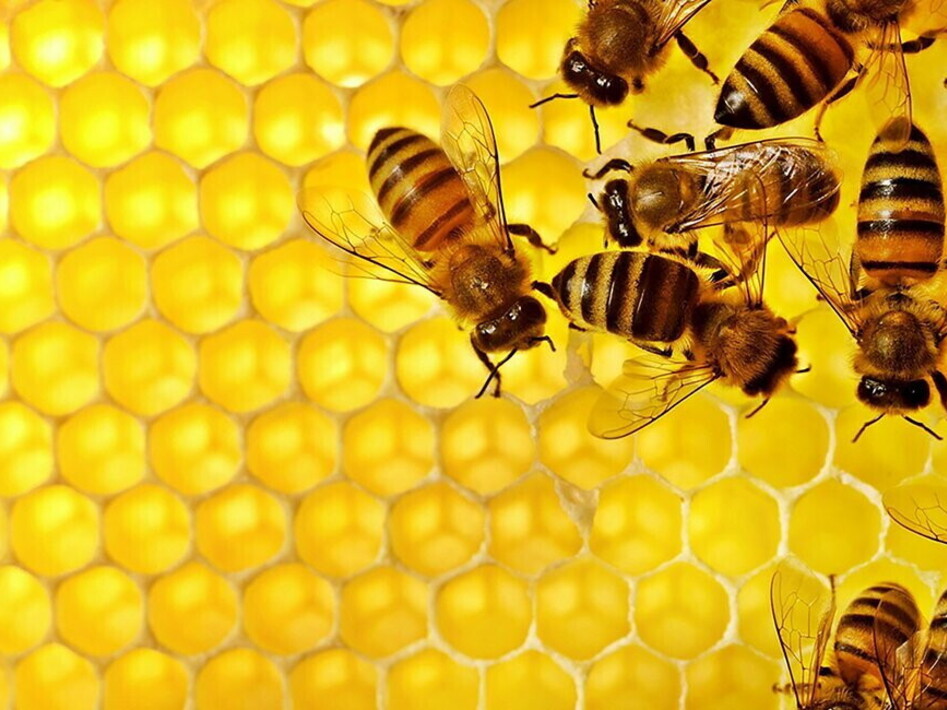World Bee Day
20 May 2021

Today, 20 May, is World Bee Day. The aim of the day is to draw attention to the key role played by these industrious insects, which are being challenged by human activities and climate change. Indeed, bees, as well as other pollinators, like butterflies, bats and hummingbirds, are under threat from pesticides, land-use change and monoculture practices that reduce available nutrients. In addition to guaranteeing the survival of many plant species, these insects make a decisive contribution to global food security, thus ensuring the sustenance of our species: more than two thirds of the crops used for human nutrition are pollinated by bees.
Established in 2017 by the United Nations Organisation on the initiative of the Republic of Slovenia, the day was celebrated for the first time on 20 May 2018. The choice of the date on which World Bee Day is celebrated is no coincidence. In the northern hemisphere May is the central month for pollination, while in the southern hemisphere it corresponds to the production of honey and then the processing of its by-products. Moreover, one of the first pioneers of modern beekeeping, the Slovenian Anton Janša (1734-1773), was born on 20 May.
This year’s World Bee Day falls at a time when global food security is still threatened by the Covid-19 pandemic. For this reason, FAO, the Food and Agriculture Organisation of the United Nations, has organised a virtual event on the theme “Bee engaged – Build Back Better for Bees”, calling for global cooperation and solidarity to support agricultural activities as sources of income and contribute to environmental regeneration, starting by protecting pollinators. The pandemic has dramatically highlighted the consequences of factors such as ecosystem depletion, climate change and habitat overexploitation, as well as the importance of ethics in the food production chain, which continues to concentrate all the hard work in the arms of invisible exploited labourers and profits in the pockets of the few.



